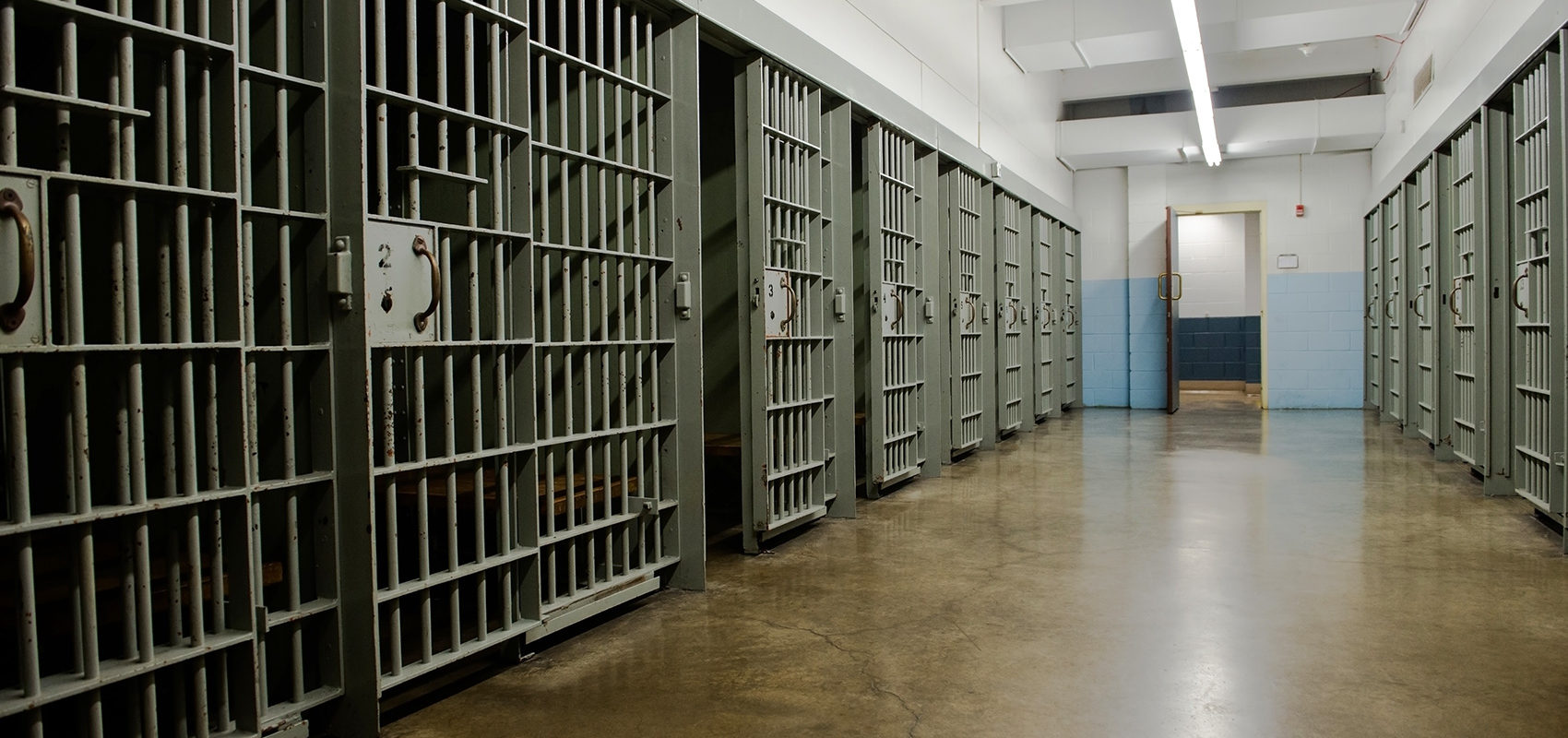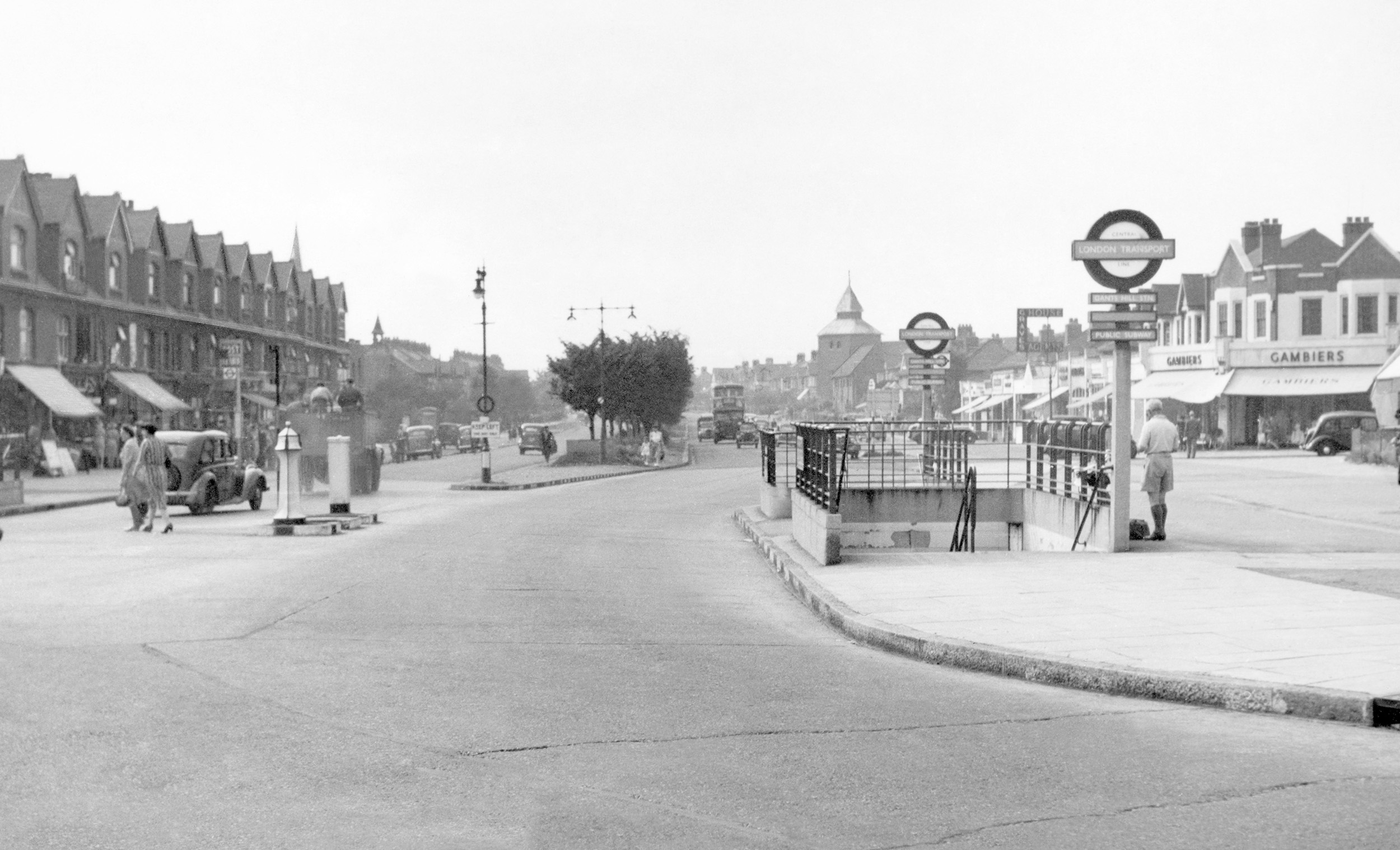Redbridge Borough Begins Enforcement of Landlord’s Unlicensed Properties.

1st January 2019 is not only New Year’s Day, it’s also when enforcement of unlicensed properties in Redbridge borough will begin. Landlords, and all types of property owners with houses for rent in Redbridge, may be fined up to £30,000 or face an unlimited fine and prosecution if they do not possess a valid license for each property.
The government has been stepping up its efforts to reform the rental property environment over the last few years with a raft of new regulations. Landlords are increasingly being caught out by local authorities because they repeatedly ignore the new licensing law. In October 2018, two private property landlords in South London who failed to comply with a licensing scheme were fined a combined £32,000. In the same month in Redbridge borough, a landlord received a £16,000 fine for renting out a property without a licence.
Landlords are under increasing pressure to ensure their properties are properly licenced, according to the location, type, size and number of people living in a specific private rental property in Redbridge. Across the borough there are three different types of licences required, either for a mandatory or additional House in Multiple Occupation (HMO), or a Selective Licence, which applies to all single non-HMO households, depending on where they are located.
Ilford, Newbury Park and South Woodford
In the Ilford area, the first 5-year Selective Licence Scheme – for a household comprising one family or 2 un-related individuals who share household facilities – was introduced in the council wards of Clementswood and Valentines in September 2017, and HMO licensing is also in force in this area. A household is defined as either a single person or members of the same family who are married or live together. It may also include relatives or half-relatives, such as grandparents, aunts, uncles, siblings, step-parents and step-children or a foster child living with a foster parent.
A second Selective Licence Scheme came into force for Newbury Park and South Woodford areas on the 1 October 2018, as well as HMO licensing. Individual wards comprise, Goodmayes, Loxford, Snaresbrook, Roding, Newbury, Mayfield, Cranbrook, Seven Kings, Chadwell, Fairlop, Aldborough and Church End.
The application fees for both the first and second selective licensing schemes were set at £500 with a 50 per cent reduction to £250 if an application is received before 1st January 2019. However, the borough council’s own website indicates that landlords should expect to pay £104.00 more on an application from the 2nd of January 2019 onwards. A first instalment on a selective licence required for ‘one household or two unrelated individuals’ is £214.00, followed by a second instalment of £390.00, making a total of £604.00, a rise of 20.8 per cent.
See evidence that a property owner is compliant
The licensing scheme is intended to ensure that landlords meet the necessary safety standards, and are actively complying with key safety conditions at each of their properties, i.e. possession of a current, valid Gas Safety certificate, working smoke alarms and safe electrical appliances. Landlords are also required to make sure properties are clean, of a good standard, and not overcrowded.
Local authority pressure to ensure compliance with latest regulations is noticeably on the rise. When a landlord is granted a selective licence, councils are now more likely to adopt a more “bullish” approach to ensuring that conditions will be met to keep the licences valid. A local authority can ask at any time during the licence period to see evidence that a property owner is compliant with the mandatory requirements. Financial penalties and prosecutions are becoming more frequent.
It is also likely that a new landlord may simply not have the time or resources to keep up with the various new regulations – and their follow-up amendments. Those operating a mixed property portfolio across different boroughs should consult with an established local property management service. They should be able to fully explain and advise a landlord on where and how selective licensing schemes are operating in their various property locations.

